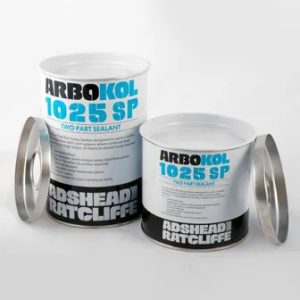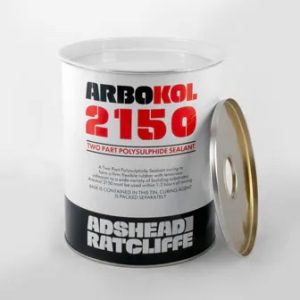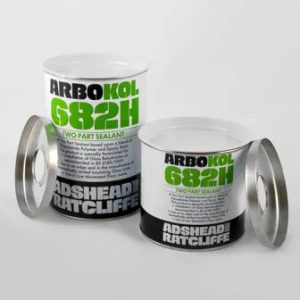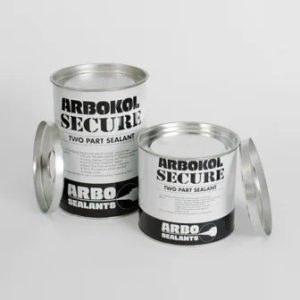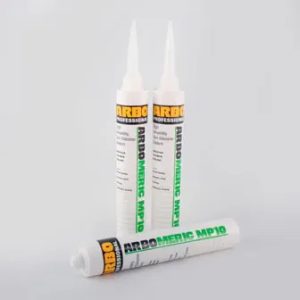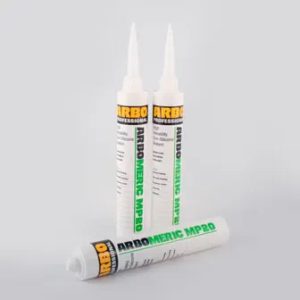Sealants
Brand
Type
Pump Type
Pump Size
Inverter Size
Battery Size
Number of Pumps
Discharge Points
Width
Length
Area
Size
Material
Components
Features
Pack size
Suitable for
Color
Thickness
Maximum Repair Depth
Application Area
Variants
Depth
Density
Range
Showing 18 out 78 products
-
ARBO Arbokol 1025 SP Swimming Pool Grade Sealant – 1.2L Grey
£59.77 incl. VAT£49.81 excl. VAT -
ARBO Arbokol 1025 SP Swimming Pool Grade Sealant – 1.2L Off White
£59.77 incl. VAT£49.81 excl. VAT -
ARBO Arbokol 2150 Two-Part Polysulphide Sealant – 2L Black
£55.20 incl. VAT£46.00 excl. VAT -
ARBO Arbokol 2150 Two-Part Polysulphide Sealant – 2L Grey
£58.39 incl. VAT£48.66 excl. VAT -
ARBO Arbokol 682 Gun Grade Epoxy Polysulphide Sealant – 1.2L Grey
£31.84 incl. VAT£26.53 excl. VAT -
ARBO Arbokol 682 Pouring Grade Epoxy Polysulphide Sealant – 1.2L Grey
£32.88 incl. VAT£27.40 excl. VAT -
ARBO Arbokol Secure Tough Epoxy Sealant – 1.2L Grey
£39.41 incl. VAT£32.84 excl. VAT -
ARBO Arbokol Secure Tough Epoxy Sealant – 1.2L Off White
£39.41 incl. VAT£32.84 excl. VAT -
ARBO Arbomeric MP10 Movement Joint Sealant – 380ml Grey
£8.64 incl. VAT£7.20 excl. VAT -
ARBO Arbomeric MP10 Movement Joint Sealant – 380ml Limestone
£10.15 incl. VAT£8.46 excl. VAT -
ARBO Arbomeric MP10 Movement Joint Sealant – 380ml White
£8.64 incl. VAT£7.20 excl. VAT -
ARBO Arbomeric MP20 Modified Polymer Sealant – 380ml Black
£8.70 incl. VAT£7.25 excl. VAT -
ARBO Arbomeric MP20 Modified Polymer Sealant – 380ml Grey
£8.70 incl. VAT£7.25 excl. VAT -
ARBO Arbomeric MP20 Modified Polymer Sealant – 380ml White
£8.70 incl. VAT£7.25 excl. VAT -
ARBO Arbomeric MP20 Modified Polymer Sealant – 600ml Grey
£10.62 incl. VAT£8.85 excl. VAT -
ARBO Arbosil 1070 Fire Resistant Silicone Sealant – 380ml Black
£7.50 incl. VAT£6.25 excl. VAT -
ARBO Arbosil 1070 Fire Resistant Silicone Sealant – 380ml Grey
£7.50 incl. VAT£6.25 excl. VAT -
ARBO Arbosil 1081 Acetoxy Cure Silicone Sealant – 310ml Black
£4.94 incl. VAT£4.12 excl. VAT
Showing 18 out 78 products
